-
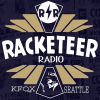 play_arrow
play_arrow
Racketeer Radio KFQX The New Golden Age of Radio
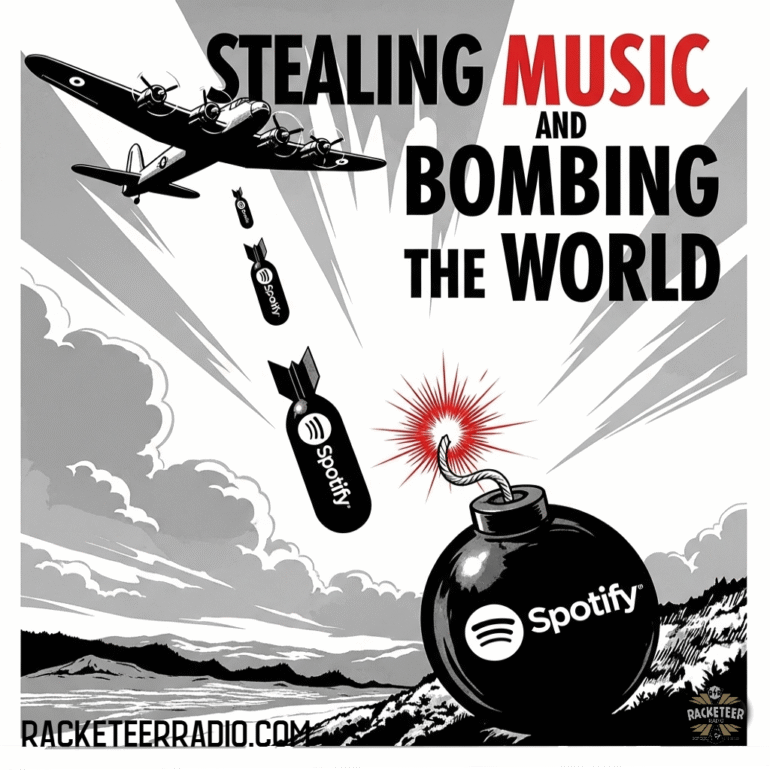
Stealing Music & Bombing the World
Spotify, transformed how we listen to music and podcasts— It has been the leading streaming audio platform for years now, but at what cost? Beneath its slick app lies a stark reality: artists receive meager payouts, algorithmic favoritism favors majors, and CEO Daniel Ek is channeling platform-generated revenue into controversial defense tech. investments. Increasingly, voices across the music world argue: it’s time to merge off—abandon Spotify en masse to rebuild a fairer, artist-first ecosystem.
Although Spotify reported $9.9 billion in royalties in 2024, only about 4% of its artists earn a sustainable living from the service {theverge.comnews.com.au}. Independent musicians make roughly $0.003–$0.005 per stream, so even a track with a million plays nets just $3,000–$5,000—barely enough to break even, leaving most artists reliant on touring and merch—a model jeopardized by pandemics.
Spotify’s algorithm heavily favors major-label content and curated “micro-genres.” Playlists like “chill‑hop” or “peaceful piano” are increasingly populated with “ghost artists”—stock music intended to suppress royalty payouts. As scholar Liz Pelly warns in The Financial Times, this “mood machine” divorces music from its creators, directing wealth toward the platform—not the artist .

CEO Daniel Ek’s latest move: through his venture firm Prima Materia, he spearheaded a $694 million funding round in Munich-based defence-tech startup Helsing—elevating its valuation to $13.8 billion {nbcchicago.com}. Helsing builds AI-powered battlefield systems and autonomous weapon drones—technology some say is financed in part by artist streams. Musicians are reacting. Indie band Deerhoof withdrew their catalog, bluntly stating:
“We don’t want our music killing people. We don’t want our success being tied to AI battle tech.”
Drummer Greg Saunier added that Spotify “has never paid us meaningfully,” and “our music was helping fund militarized AI. That’s morally unacceptable.” theverge.com. Similarly, others have followed suit, citing ethical unease. This isn’t just protest—it’s a growing groundswell. Critics argue that Ek’s “warmongering” investments are the final straw in a platform that already underpays artists.
Spotify’s rise was once framed as a democratizing revolution. Instead, it’s become an oligopoly fueling algorithmic bias, low payouts, and ethically questionable CEO investments. The growing wave of artist withdrawals, ethical boycotts, and reform campaigns suggests a tipping point.
This is more than a protest—it’s a movement to reclaim music as a cultural force. Maybe the revolution starts not with rewriting algorithms, but by walking away—and building an artist-first ecosystem grounded in transparency, respect, and human connection.
Supporting music and musicians isn’t just an act of consumption—it’s a vital investment in culture, community, and human connection. Art helps us process life, resist oppression, and find belonging. When we support independent artists—through buying their records, attending shows, or sharing their work—we’re not just fueling their careers, we’re nurturing the soul of our communities. Live music, especially, is transformative: it builds confidence, sparks joy, and reminds us we’re not alone. At a time when mental health struggles and digital isolation are on the rise, gathering around music fosters positivity, resilience, and shared purpose. It’s more than entertainment—it’s medicine, movement, and meaning.
—it’s about people. Every artist, songwriter, producer, roadie, show promoter, label runner, radio host, bartender and poster-paster is a vital part of the cultural ecosystem. Independent music is a labor of love built by humans. When we buy a record, show up to a gig, or spin a local track, we’re helping feed someone’s passion and purpose. That band at the bar, that singer in the bookstore—they’re not just performing, they’re helping people feel seen. In a world that’s increasingly digital and distant, art gives us reason to gather. And every single role—from venue owners to graphic designers to indie radio stations like us 😉 —is part of this fragile, interconnected ship. Lose one, and the whole vessel takes on water. That’s why support matters.
When you lift up independent artists, you lift up your culture, not bombs.

Written by: Ace Hartmann
Similar posts
Recent Comments
No comments to show.On Air
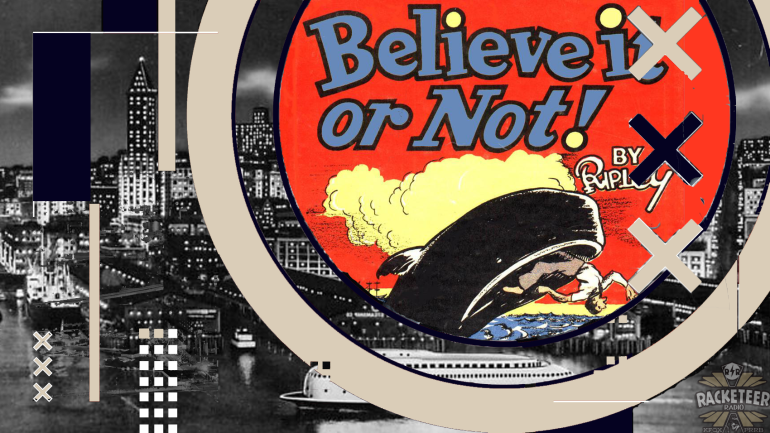
BELIVE IT OR NOT
Monday - Friday at 07:00 AM PST
Tales of the absurd and bizarre made their way to the airwaves through this strange and eccentric old time radio series. Ripley's Believe It or Not starred non other than Robert Ripley himself as he shared his out-of-this-world discoveries and experiences while traveling around the globe. His standard practice was to take note of the unusual sights and practices he came across during his travels and chronicled them in his journal. It was not until 1930 that the program was made available to a public audience. Hear audio scripts from his journal while we play the best music for your morning!
close
Top popular
Chart
-
-
 play_arrow
play_arrow
Rag Doll The Alpha Rhythm Kings
-
-
-
 play_arrow
play_arrow
Who'll Stand With Us? Dropkick Murphys
-
-
-
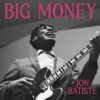 play_arrow
play_arrow
BIG MONEY Jon Batiste
-
-
-
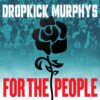 play_arrow
play_arrow
Chesterfields and Aftershave Dropkick Murphys
-
-
-
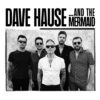 play_arrow
play_arrow
Enough Hope Dave Hause
-
-
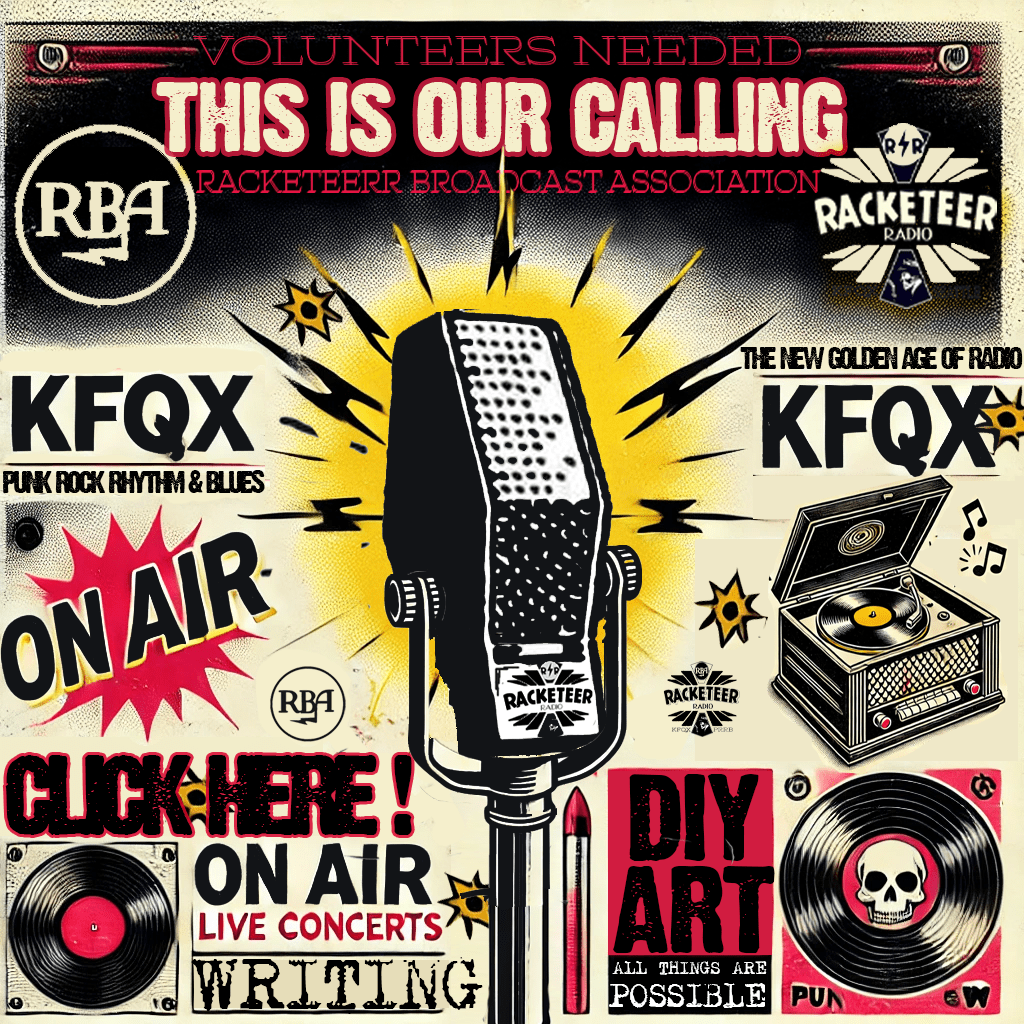
Copyright Pro Radio - Racketeer Broadcast Association 2025

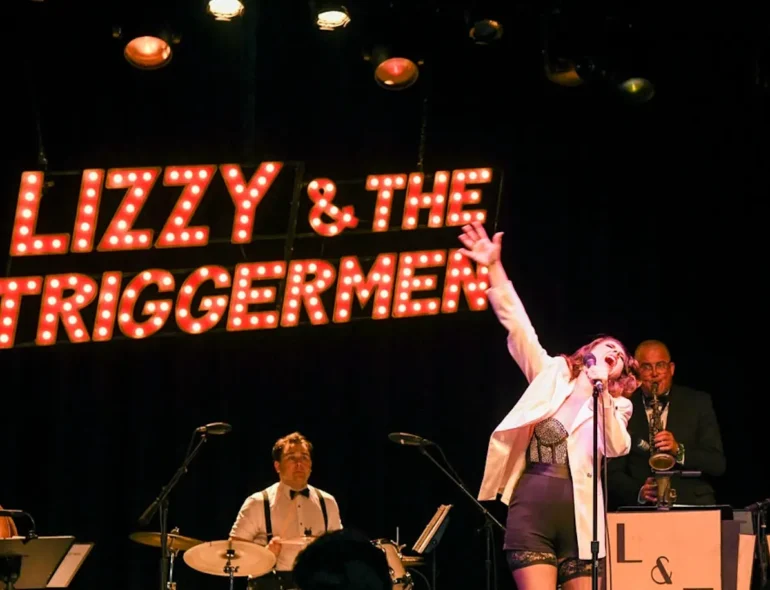
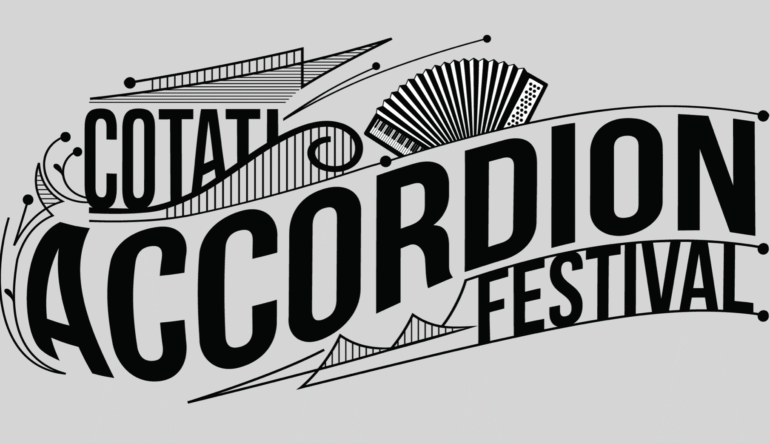
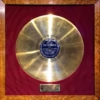


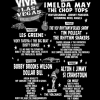

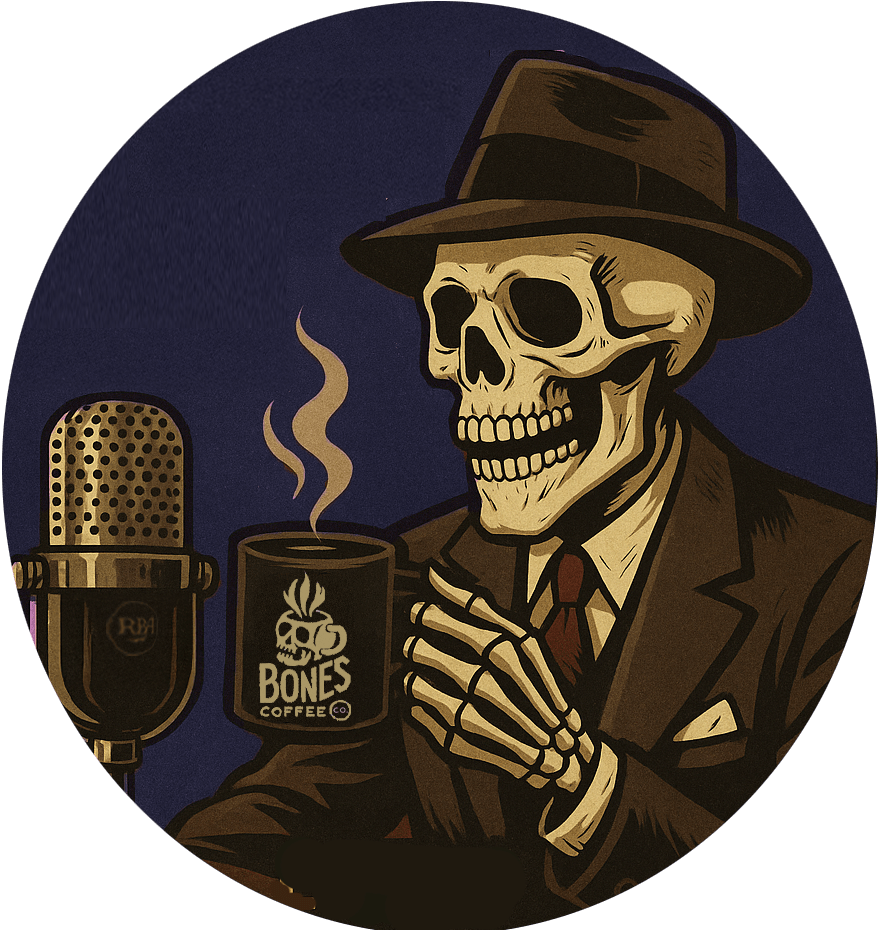
Post comments (0)